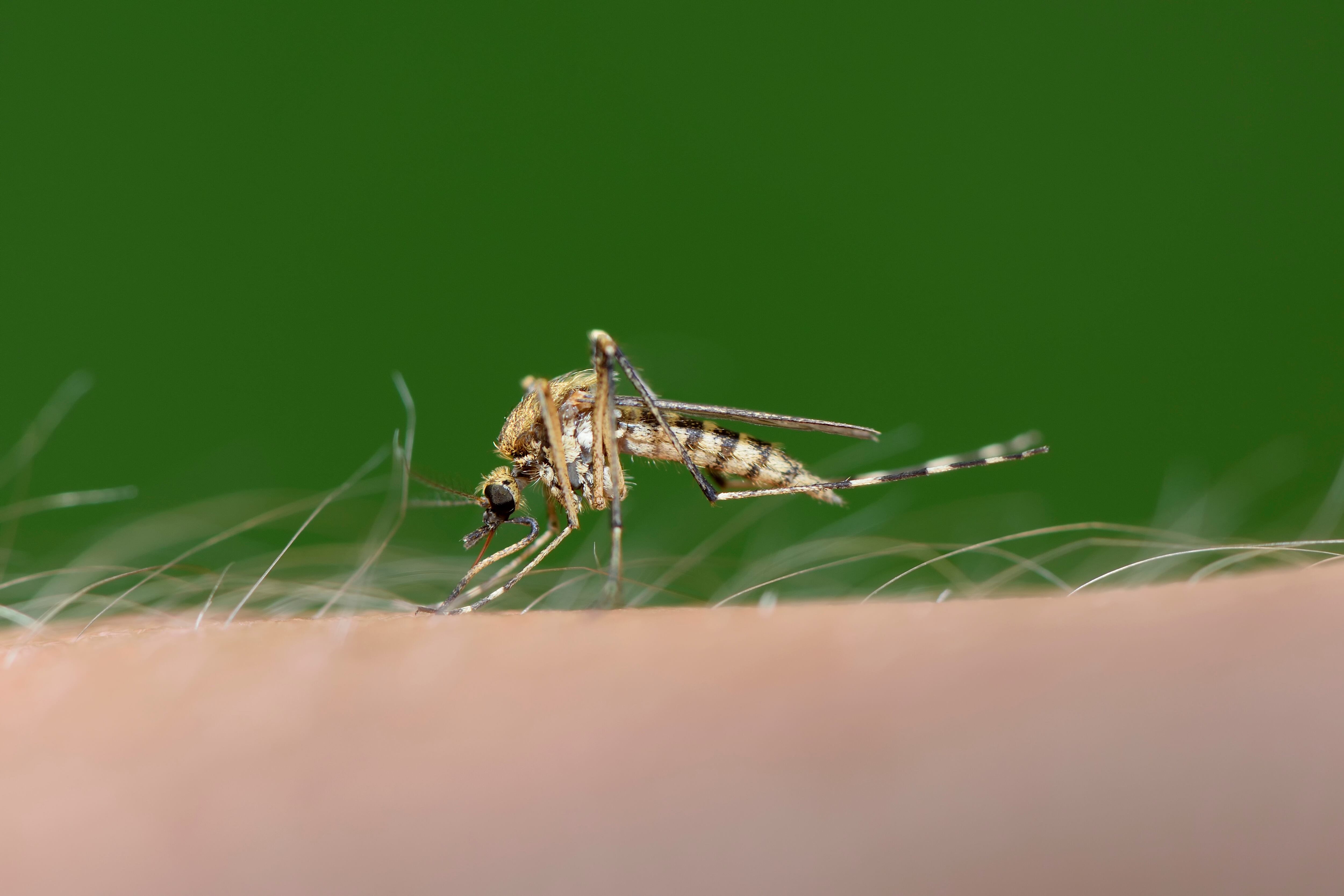Public health, explained: Sign up to receive Healthbeat’s free New York City newsletter here.
Human cases of West Nile virus have been reported throughout the United States this year. The virus, which is primarily spread through the bite of an infected mosquito, typically leads to asymptomatic or mild disease. In rare cases, however, the disease can be severe or even fatal.
Dr. Anthony Fauci, one of America’s most prominent infectious disease experts, was recently infected with the virus. The former director of the National Institute of Allergy and Infectious Diseases was hospitalized with a case of West Nile virus this month and is recovering at home, the New York Times reported.
Here’s what you need to know about the virus.
What is West Nile virus?
West Nile virus is the leading cause of mosquito-borne disease in the continental United States, according to the Centers for Disease Control and Prevention.
The virus is primarily transmitted to humans when mosquitoes feed on infected birds and then bite people. In very rare cases, West Nile virus is transmitted from person to person through blood transfusion and organ transplantation, or from a mother to her baby, according to the CDC.
There are no vaccines to prevent West Nile virus, and there is no treatment for it, although health care providers can help relieve patients’ symptoms.
Most West Nile infections are asymptomatic. About 1 in 5 people who are infected develop West Nile fever, the mild form of the disease, according to the CDC. Other symptoms can include headaches, weakness, muscle aches, joint stiffness, gastrointestinal issues, and rashes.
About 1 in 150 infected people develop a more severe form of the disease, West Nile neuroinvasive disease, according to the CDC. People 60 years and older or those with weakened immune systems are at increased risk for the neuroinvasive disease, which can include encephalitis, meningitis and acute flaccid paralysis (severe muscle weakness), and can be fatal.
Where is West Nile virus circulating?
At least 216 cases of West Nile virus disease in humans have been reported in 31 states this year as of of Aug. 20, according to the CDC. Of those cases, 142 have been cases of West Nile virus neuroinvasive disease.
Nationwide, Texas leads the count of West Nile virus human disease cases, with 37 cases as of Aug. 20. About 20 states have reported a handful of cases.
The New York City Department of Health and Mental Hygiene reported the city’s first human cases of West Nile virus last week. As of Monday, the Health Department has reported six cases of West Nile neuroinvasive disease and one case of West Nile fever. The Health Department has also reported three cases of West Nile virus among blood donors.
The number of mosquito pools — groups of up to 50 mosquitoes that the Health Department traps and tests — has more than doubled in the past month, to 1,413 positive pools across the five boroughs. The city appears on its way to surpassing its record high number of West Nile virus detections — 1,555 positive pools reported in 2022.
Georgia has reported two cases of West Nile virus disease in humans so far this year.
What can you do to prevent West Nile virus?
The best way to prevent West Nile virus is to avoid getting mosquito bites.
The CDC recommends using insect repellent, wearing long-sleeved shirts and pants, using screens on windows and doors and eliminating standing water, which can become breeding grounds for mosquitoes.
In New York City, August and September are the peak periods of activity for mosquitoes with West Nile virus.
During the summer, the Health Department sprays pesticides in neighborhoods throughout the city to reduce mosquito activity. Residents can reference the city’s pesticide spraying schedule online.
Property owners in the city are responsible for removing standing water, and violations in public and private locations can be reported to 311 from April through October.
Eliza Fawcett is a reporter covering public health in New York City for Healthbeat. Contact Eliza at efawcett@healthbeat.org.






